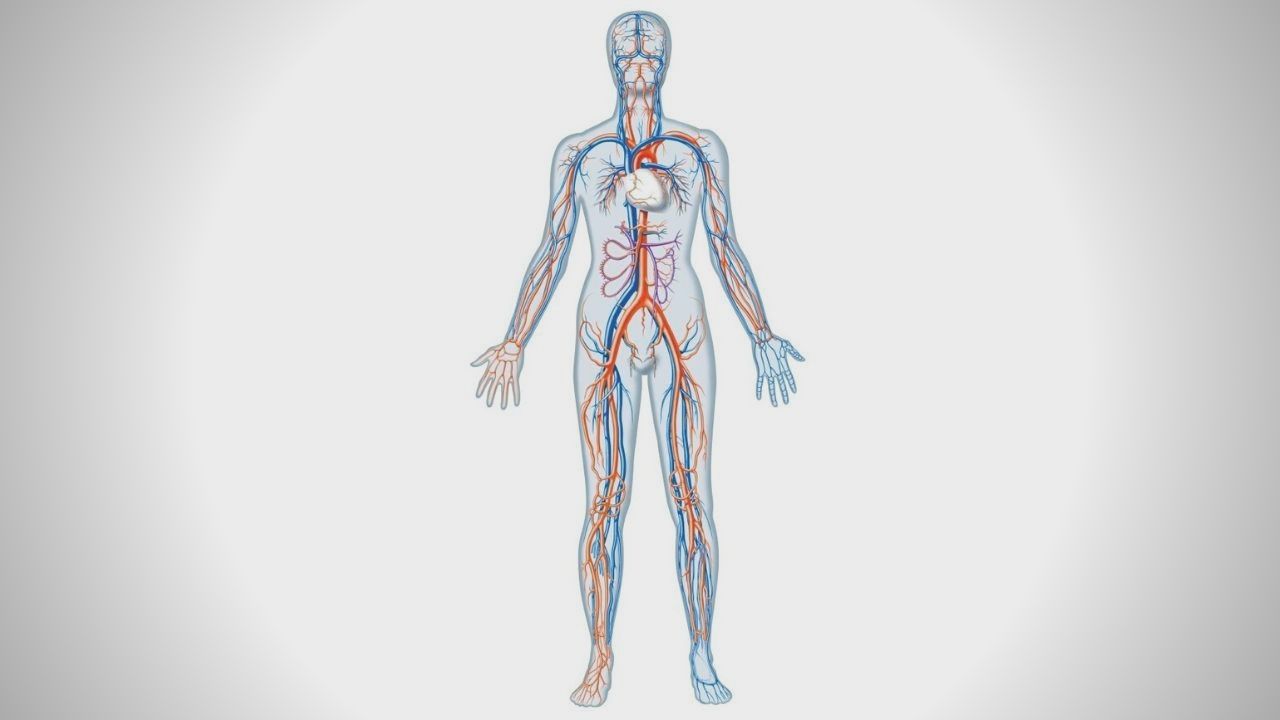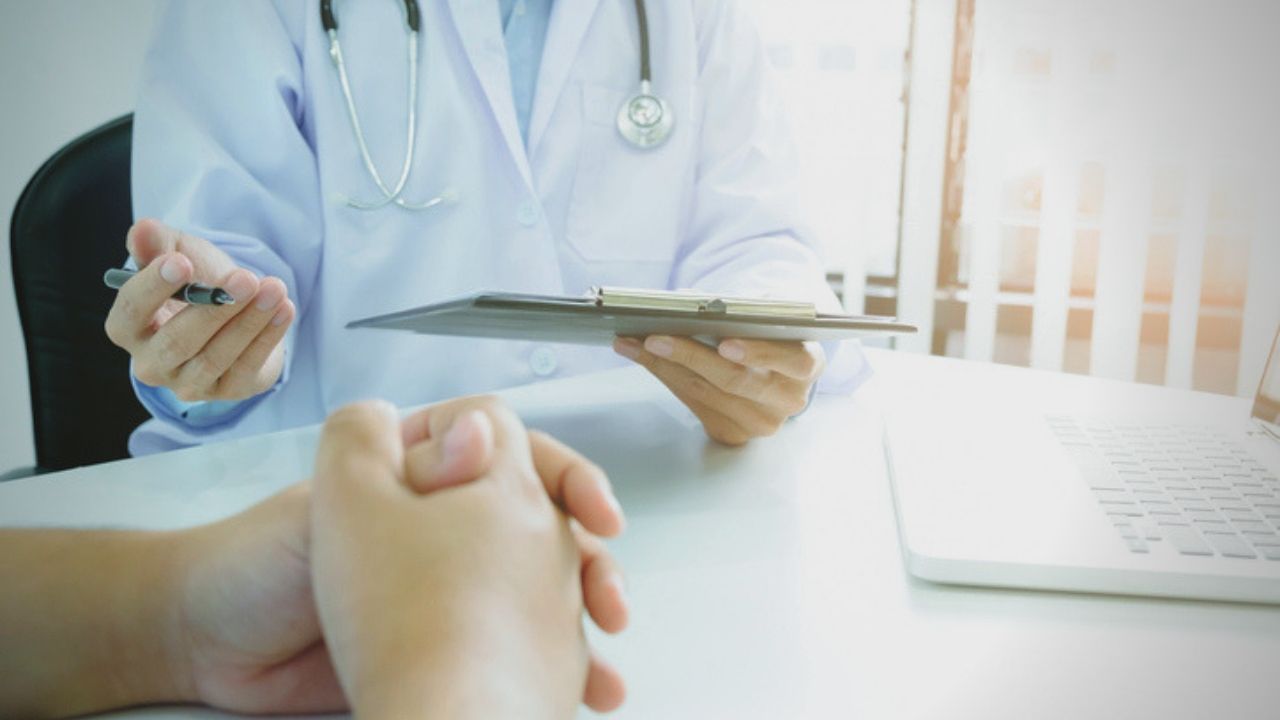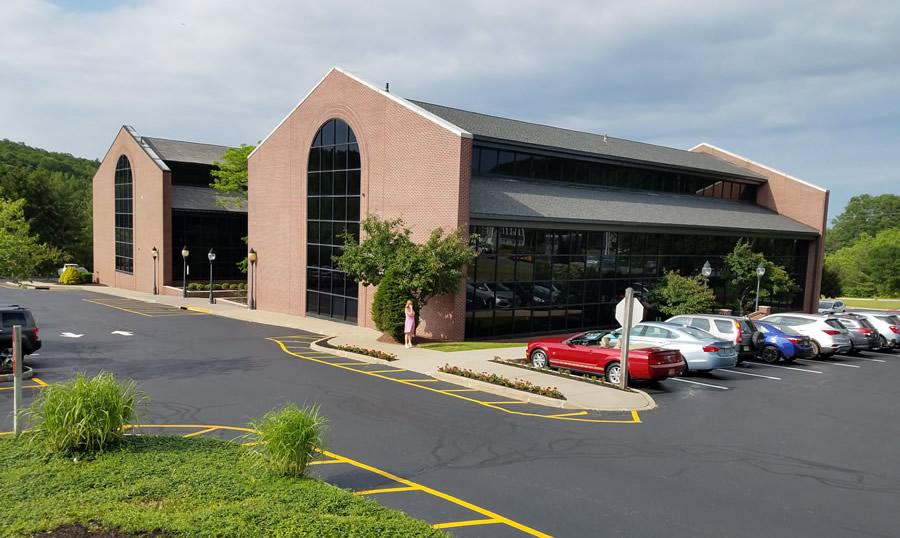The human body sustains itself through the coordination of multiple organs, processes, glands, and veins. The circulatory system is our body’s “super-highway” essential to good health as it delivers nutrients and oxygen in and removes waste from the body. The body’s blood and the traffic system it uses to make its way around the body is essential to sustain the entire system. Without a blood supply, the body dies in a matter of minutes. And our health is intrinsically tied to how well our blood flows and moves through our system every minute, hour, and day. Smoking, poor diet, excessive alcohol, and inactivity makes any preexisting problem worse and affects the blood flow which can eventually lead to the development of varicose veins.

As many of us learned in high school biology, the human circulatory system consists of arteries, veins, and capillaries. What pushes the blood through this network is the pressure created by the pumping of the heart. The system acts as a closed-loop; when blood is sent out, it eventually returns back to the heart to be pumped out again. The only part of the system not integrated with the circulatory system are the bones, which are the factory where blood cells are actually first created.
Over time, our age and lifestyle affect the efficiency of our individual systems. Cholesterol builds up from diet and affects the pressure and flow of blood in veins. Age wears down our overall body system, and things begin to break from wear and tear. If you are overweight, this can also increase pressure on the system beyond normal conditions. Alcohol consumption contributes to certain vein conditions too. Excessive drinking affects the circulatory system and every major organ in the body. Alcohol is more harmful when the circulatory system has already been compromised by vein diseases.

Cause and Effect of Alcohol on Veins
The heavy consumption of alcohol puts an additional strain on the body by increasing the heart rate. Among other things, the body tries to compensate for the lack of oxygen in the blood by pumping more of it faster. This is because alcohol actually kills red blood cells that are responsible for delivering oxygen throughout the body. This gets particularly hard for the lower extremities in the legs and feet where the circulatory system has to fight gravity to push the blood back up to the heart. Over time, this increased strain on the circulatory system can contribute to varicose veins in the legs.
It affects the body’s vein network indirectly as well. High alcohol overwhelms the liver, and it can’t filter waste out of the blood efficiently. That makes the blood thicker over time, and it becomes harder to push through the circulatory system. This adds strain and pressure that causes damage to the veins. Also, when the liver is overburdened with excessive alcohol consumption, the toxins that would otherwise be filtered out of your bloodstream begin to degrade the interior surface of the veins as well.
A Point of Clarification
It’s important to understand that drinking alcohol alone doesn’t automatically result in varicose veins. If a person is predisposed to develop the condition, it will happen regardless of whether the person drinks regularly or not. However, alcohol makes it more likely that varicose veins will develop in a person over time. Regular alcohol consumption enhances the impact of other problems as well. It can add to extra weight, increase pressure on already existing heart problems, or adds damage to a struggling liver.

Getting Help from Experts on Veins
At The New Jersey Vein and Vascular Center, located in Morris County, patients benefit from the expertise of vein specialists, Dr. Stuart Miller. At the NJVVC, Dr. Miller and his team provide state of the art care in vein treatment and recovery, to all kinds of vascular cases. Every patient undergoes a precise treatment plan for their individual need and vein condition, not a generic, one-size-fits-all treatment.


